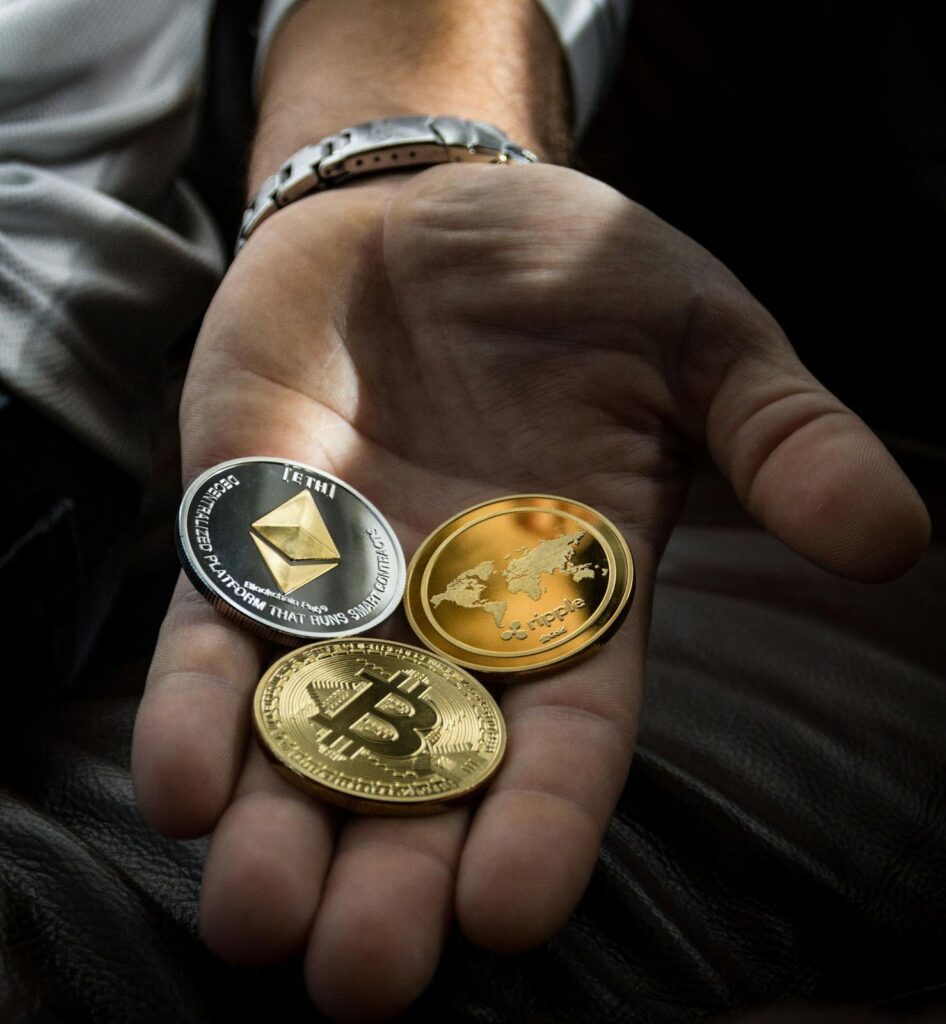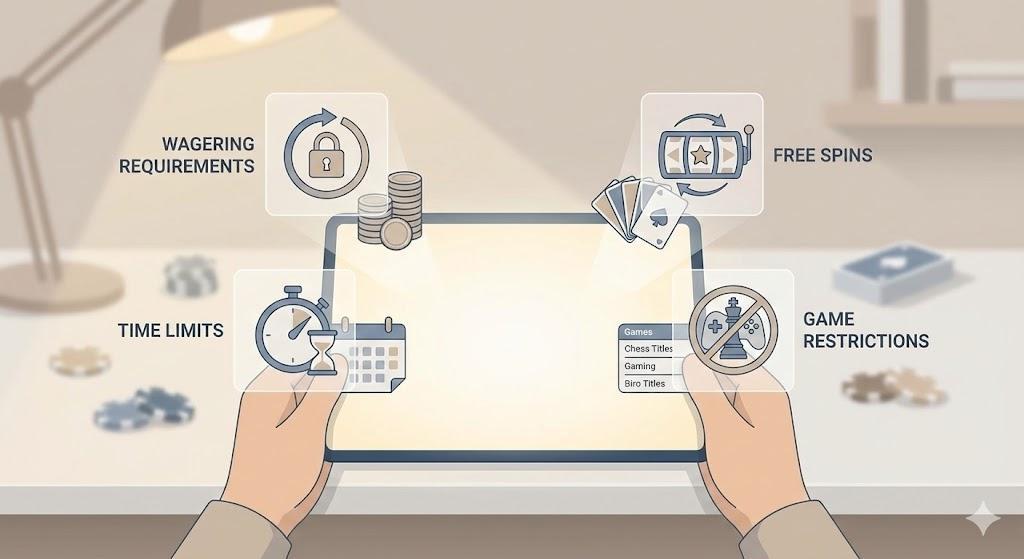Grand View Research recently valued the global video game market at $298.98 billion and expects it to hit $600.74 billion by 2030. Clearly, standing out in such a crowded industry is not a piece of cake. You will need to be innovative and provide engaging player experiences if you are to outpace competitors. Interestingly, crypto technology offers lucrative ways to get started.
The days when people would remain glued to their screens only to monitor the XRP price and other tokens are long gone. Today, sectors like gaming are turning to these tokens to meet contemporary preferences, such as the growing need for instant and secure payments. This is actually part of why different tokens have been witnessing price increases.
According to CoinLaw, the global blockchain gaming market now stands at $21.6 billion and could hit $1.27 trillion by 2033. This more than 63% CAGR is a clear testament to the fact that crypto technology is really transforming how players interact with each other and how assets are managed. And just recently, in January 2025, daily unique active wallets on the chain increased by over 7 million, representing a 386% year-over-year growth.
Table of Contents
ToggleCatering To The Popular Need For Instant Payments
Ask any gamer who’s used traditional payments to buy an item, and they will tell you the wait and fees can be frustrating. In a world where technology has advanced so much, no one expects delayed payments. In fact, according to Paypers, slow payments are part of why up to 73% of customers may never return to a brand. Players do not just want flashy graphics; they also expect transactions to be processed in no time.
To understand how essential instant payments have become, consider a recent study by Research Nester, which evaluated the global real-time market trends. According to their findings, this market has already hit $28.5 billion. It could continue expanding at a 34.9% CAGR to reach $1.3 trillion by 2037. This anticipated growth could even be more pronounced in the gaming sector, given that gamers always crave instant gratification.
Thanks to digital currencies, companies can now cater to this preference. Digital currencies operate on a peer-to-peer basis, allowing transactions to be processed without going through intermediaries. Think of it as a player in Brazil buying a skin from a provider in South Korea without needing to worry about approvals. And in addition to improving transaction speeds, removing third parties also reduces processing costs. Advanced networks like Solana can reduce these costs to as little as $0.00025.
Transforming Ownership Of Assets
If you’ve been up-to-date with tech innovations flooding this sector, the phrase ‘non-fungible tokens (NFTs)’ shouldn’t be new. And you may actually be surprised to learn that these tokens have not stopped dominating different sectors, including gaming. This is why Binance recently reported a 4% increase in the global NFT market.
In gaming, these tokens account for $4.79 billion and could hit $27.83 billion by 2032, says Credence Research Inc. Part of the challenge of traditional games is spending hours grinding for a rare sword, only to realize you may never own it. Here, the provider controls whether you can trade, sell or even keep these items.
But when it comes to crypto-based games, tokenizing in-game assets gives players real, verifiable ownership. That rare sword or unique skin can be stored in your crypto wallet, outside the game itself. As such, players can sell, trade or simply keep the assets as digital collectibles, making them stakeholders in the gaming economy.
Such possibilities improve gamers’ connection, which could result in higher retention rates. Of course, when players know their hard-earned assets are truly theirs, they will be more likely to remain loyal. And since just a 5% increase in retention can improve profits by up to 95%, more providers could turn to NFTs to take advantage of such statistics.
Building Trust With Transparency
Lack of trust is one of the biggest frustrations of online gaming. When a player suddenly knows that their funds aren’t safe, they may be disappointed and even stop further exploration. Unfortunately, cyberattacks have been increasingly regardless of the fact that gamers want to interact in secure environments. Akamai recently conducted a study along these lines and noted a 94% increase in web attacks against games in just one year.

Blockchain provides a solution through transparency. Because its records are public and tamper-proof, players can verify the authenticity of transactions themselves. A loot box drop rate, for instance, could be immutably logged, giving players confidence that they’re not being cheated.
And mark you: stakeholders have been joining hands to improve the security of blockchain technologies. In fact, Nils Andersen-Röed, Global Head of FIU, was recently quoted saying, “Binance has become the very first member of T3+, a global collaboration to combat illicit blockchain activity, and has already contributed to its first successful case by freezing nearly $6 million tied to a pig butchering scam.” Such moves improve player confidence in blockchain infrastructures, keeping them more connected than ever.
Considering all these factors, you will agree that crypto technology is quickly changing many things in modern games. Today, players can transfer funds quickly and cheaply without worrying about third-party organizations like banks. Thanks to non-fungible tokens, ownership of in-game assets has also become possible. And with this technology decentralizing control, gamers can now interact in more transparent ecosystems.




